-
Welcome to Tundras.com!
You are currently viewing as a guest! To get full-access, you need to register for a FREE account.
As a registered member, you’ll be able to:- Participate in all Tundra discussion topics
- Transfer over your build thread from a different forum to this one
- Communicate privately with other Tundra owners from around the world
- Post your own photos in our Members Gallery
- Access all special features of the site
Never before seen brake issue...
Discussion in 'General Tundra Discussion' started by Slp82, Sep 16, 2024.


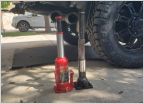 Right jack for lifted tundra...
Right jack for lifted tundra...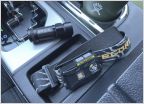 Fav flashlight in your Tundra?
Fav flashlight in your Tundra?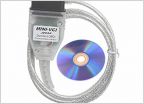 Should I keep Techstream Kit?
Should I keep Techstream Kit?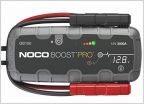 Jump Start Power Pack
Jump Start Power Pack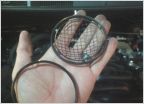 DIY: Fix for whistle after adding high flow air filter
DIY: Fix for whistle after adding high flow air filter











































































